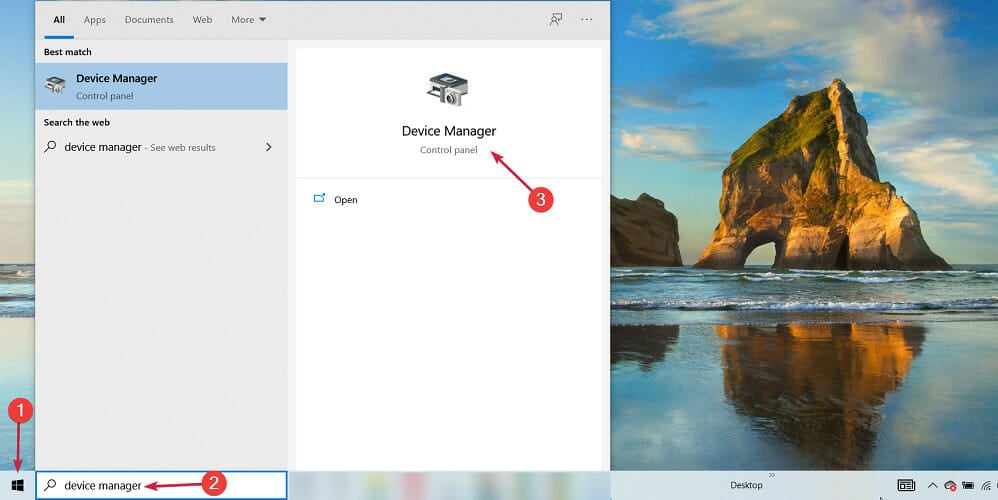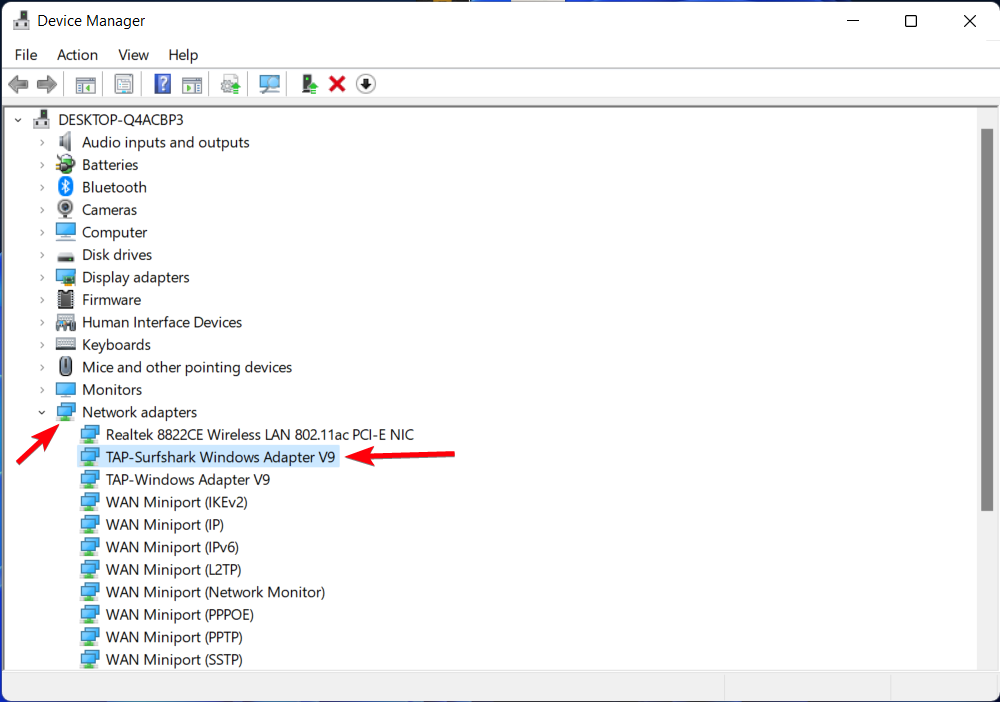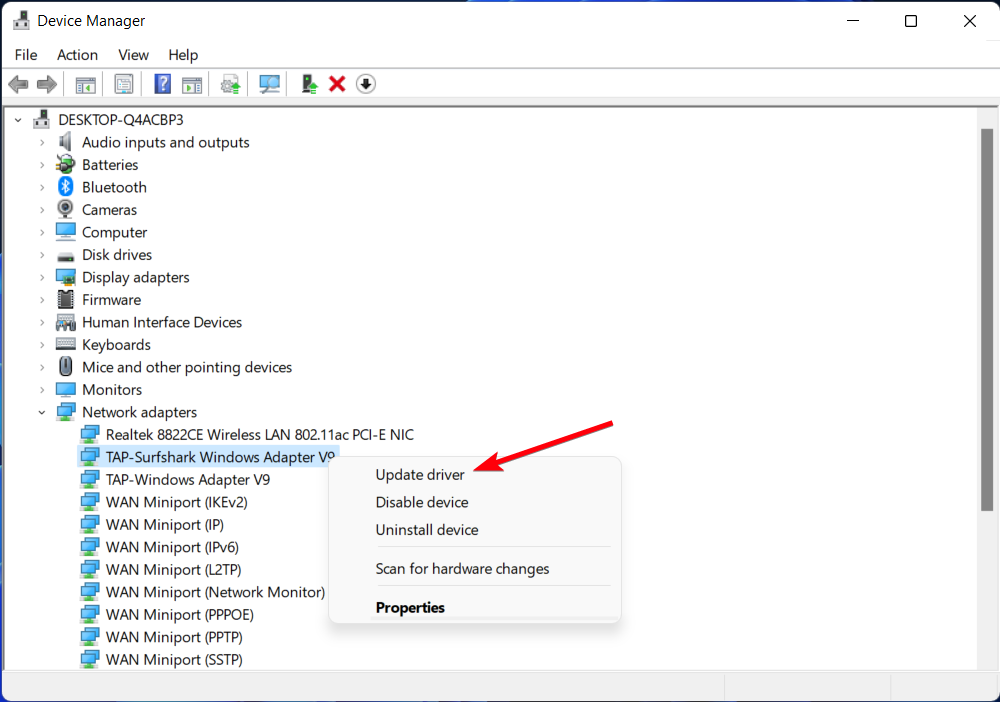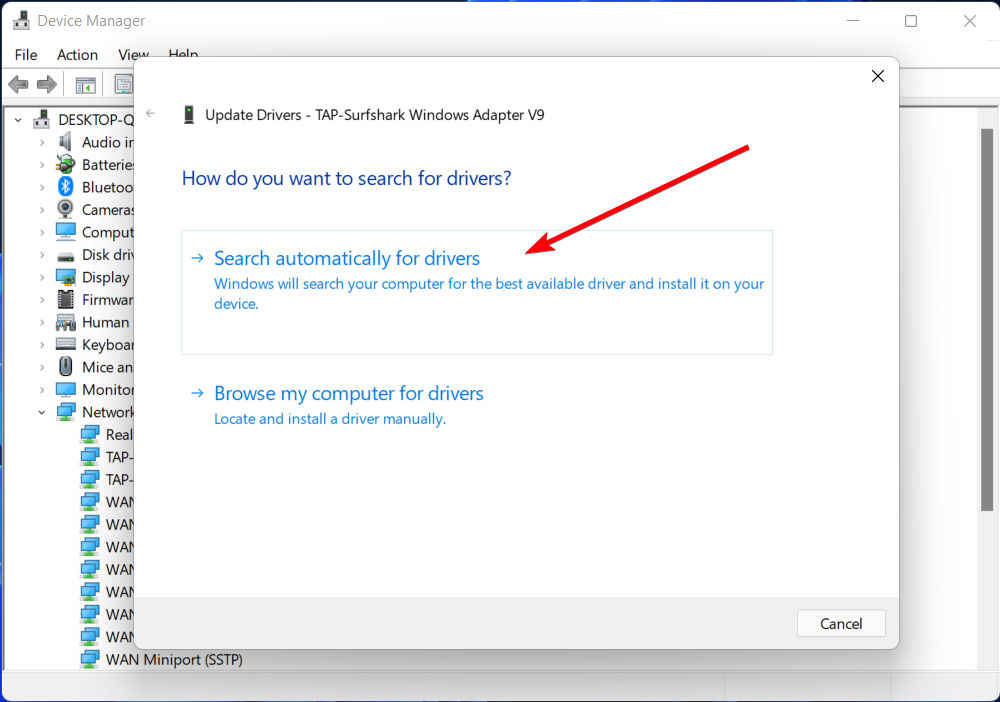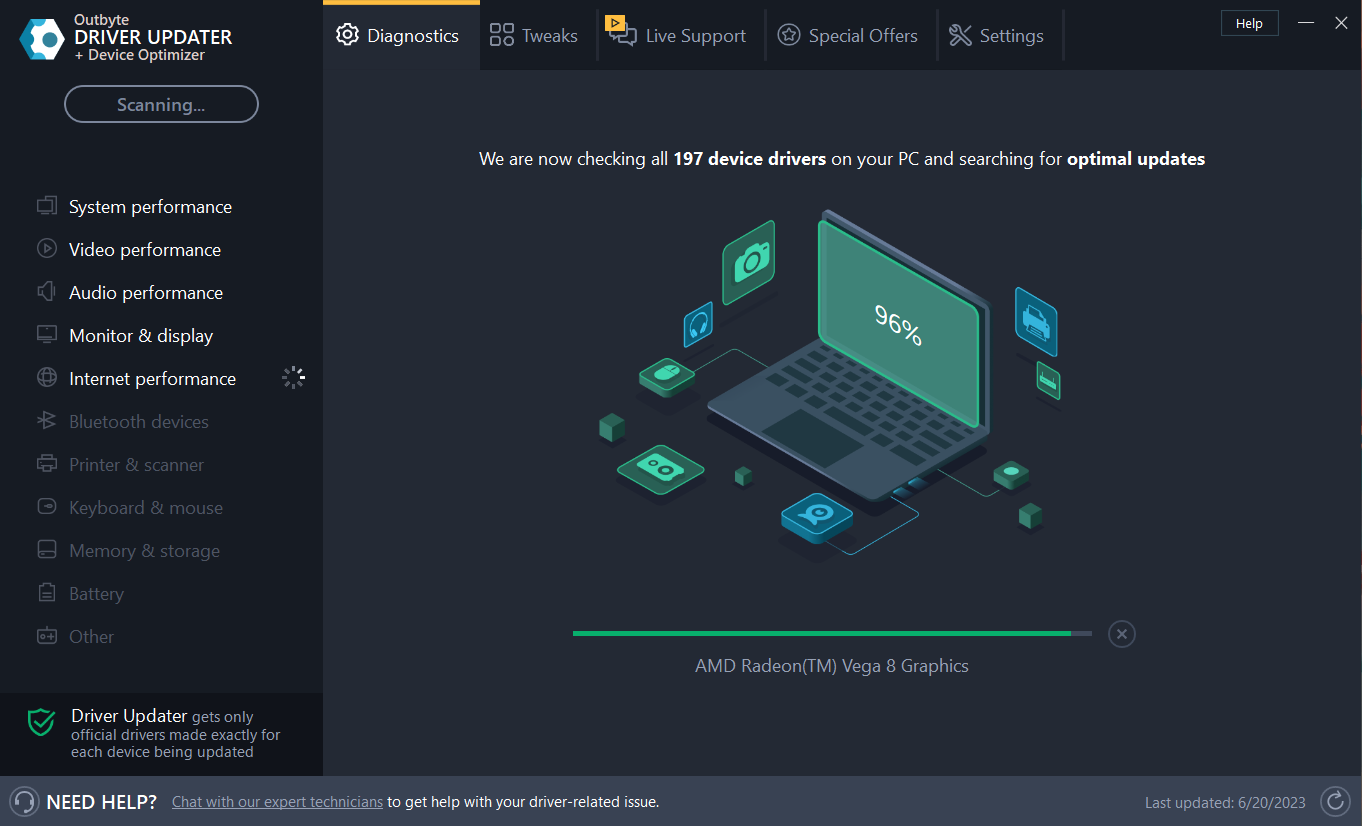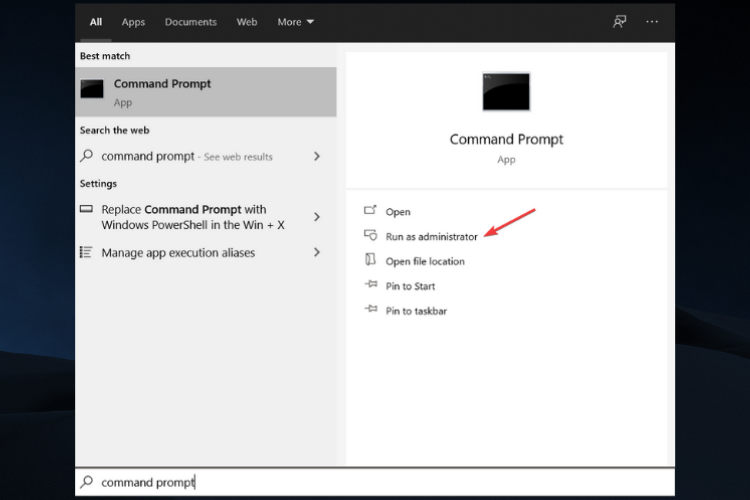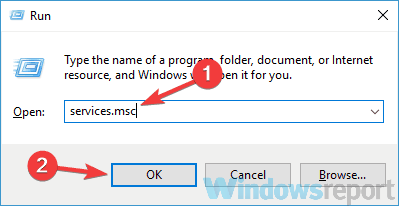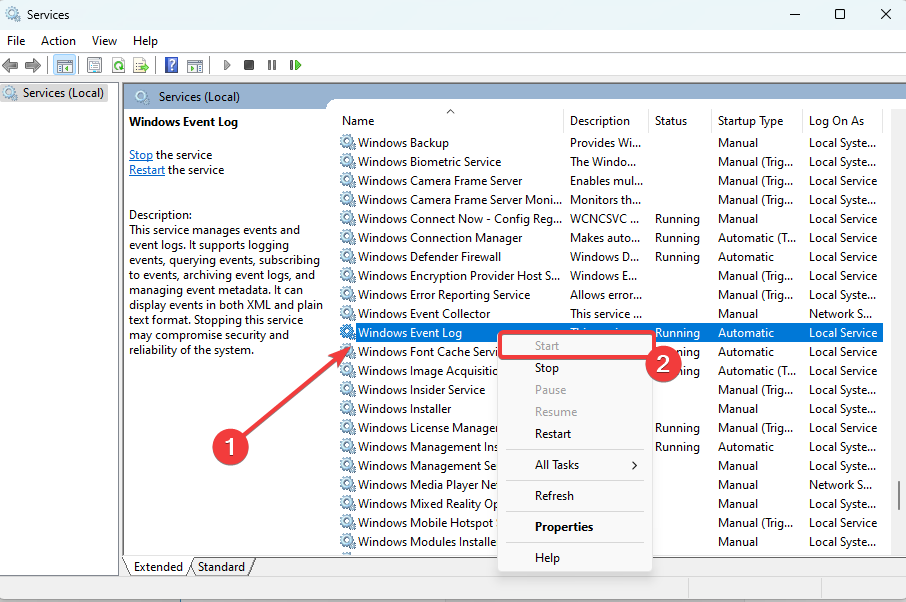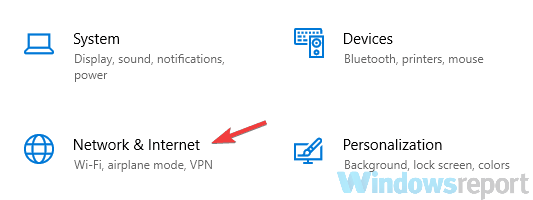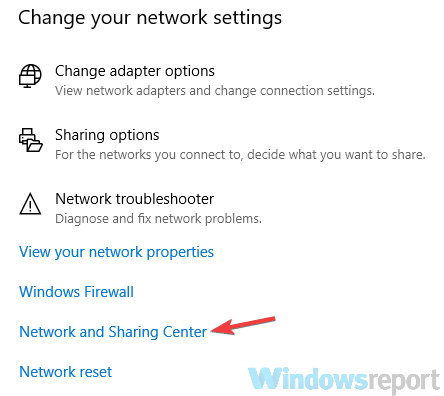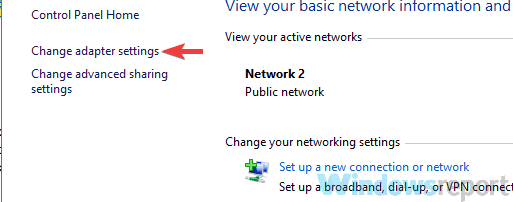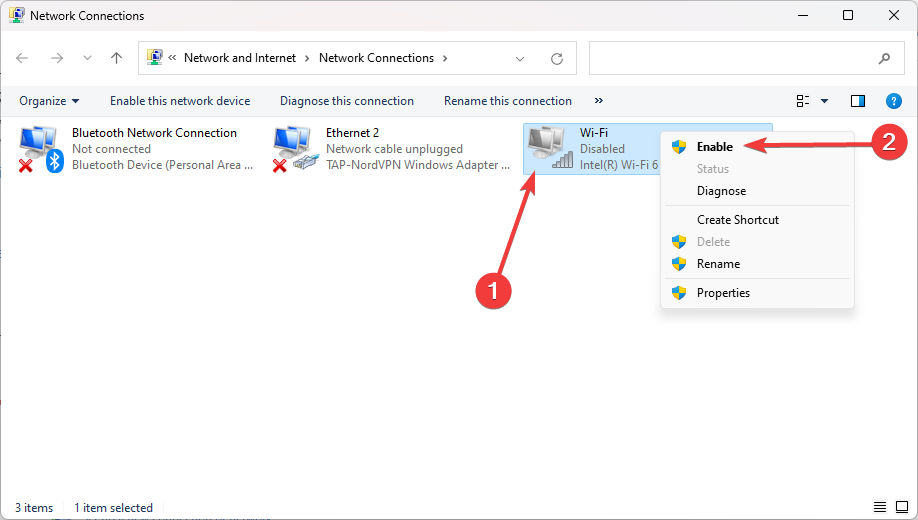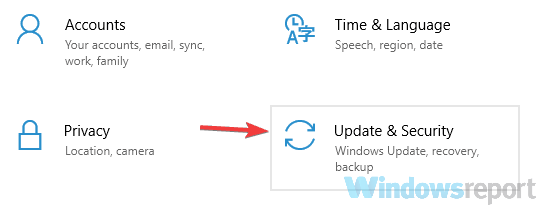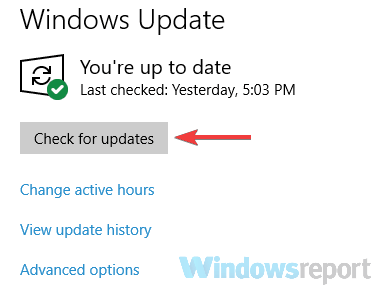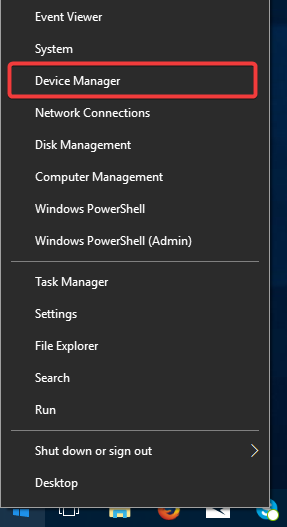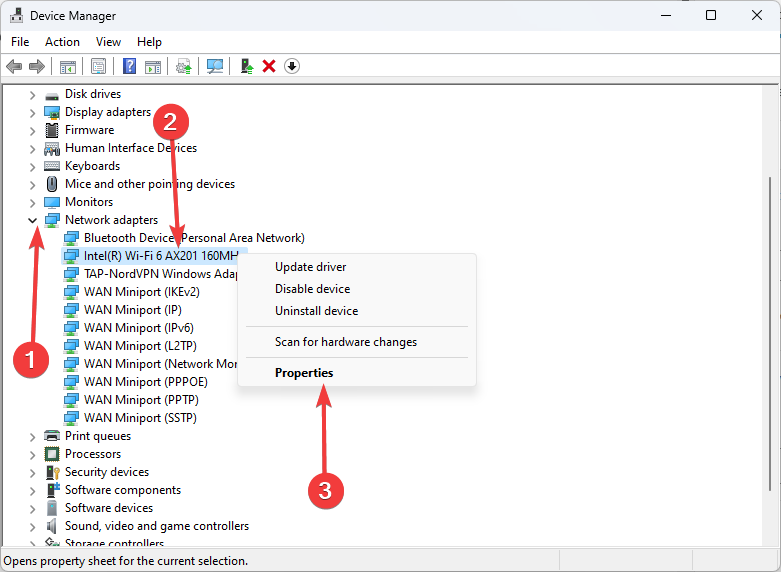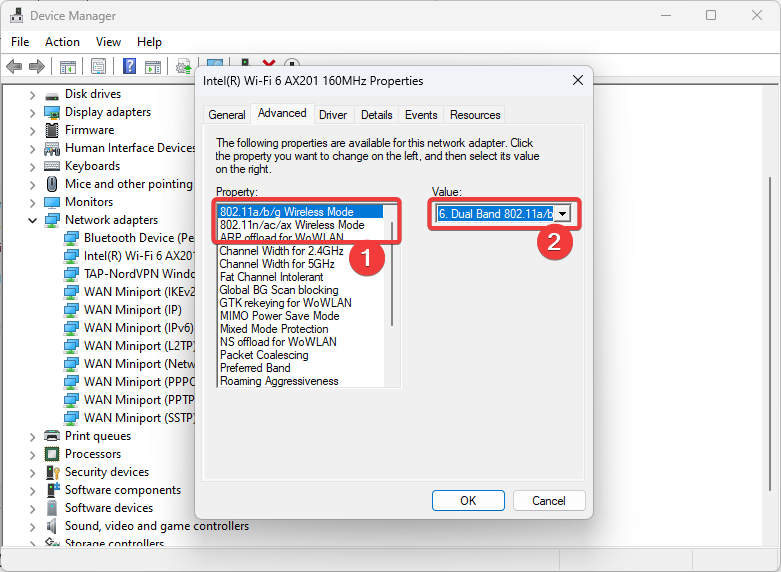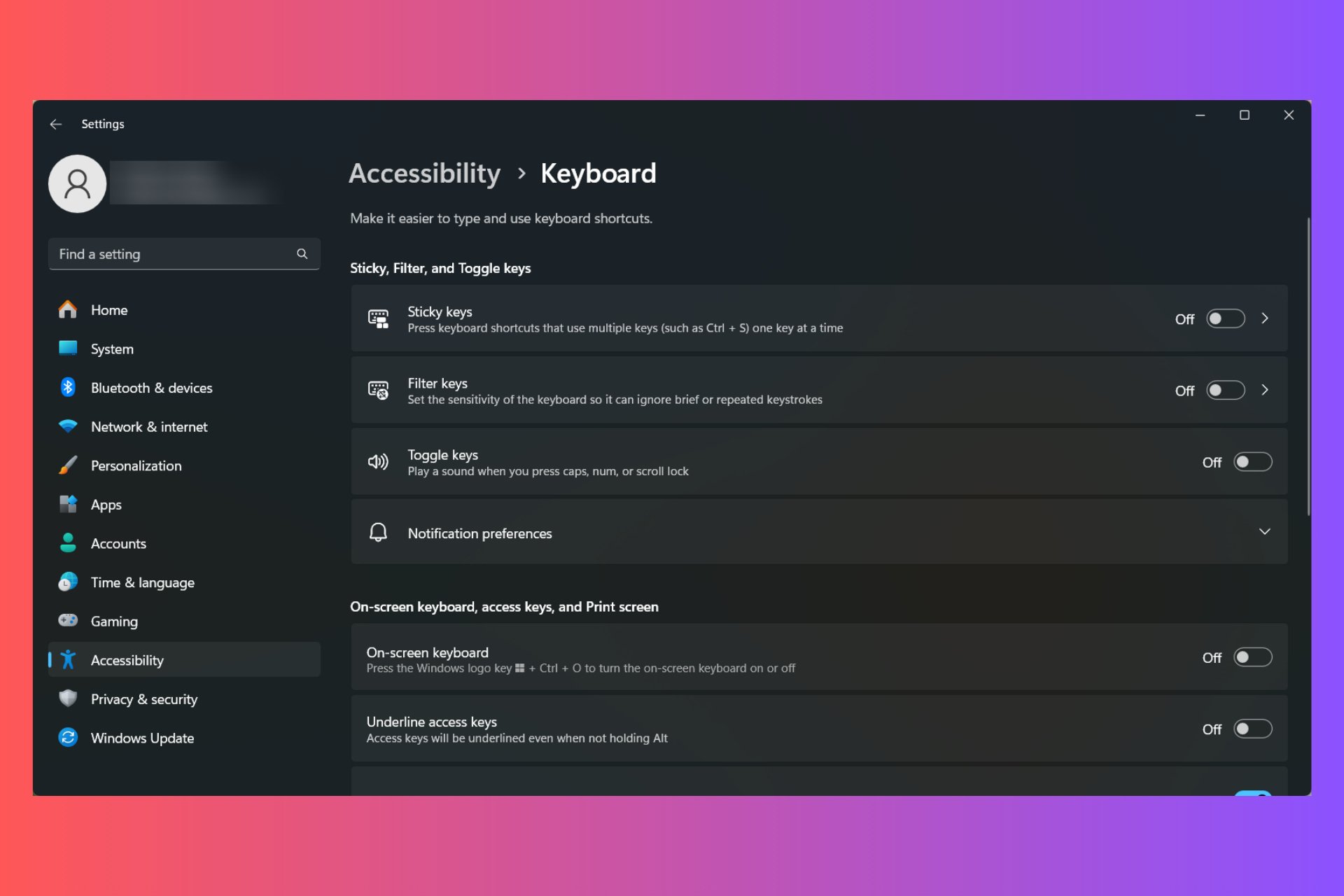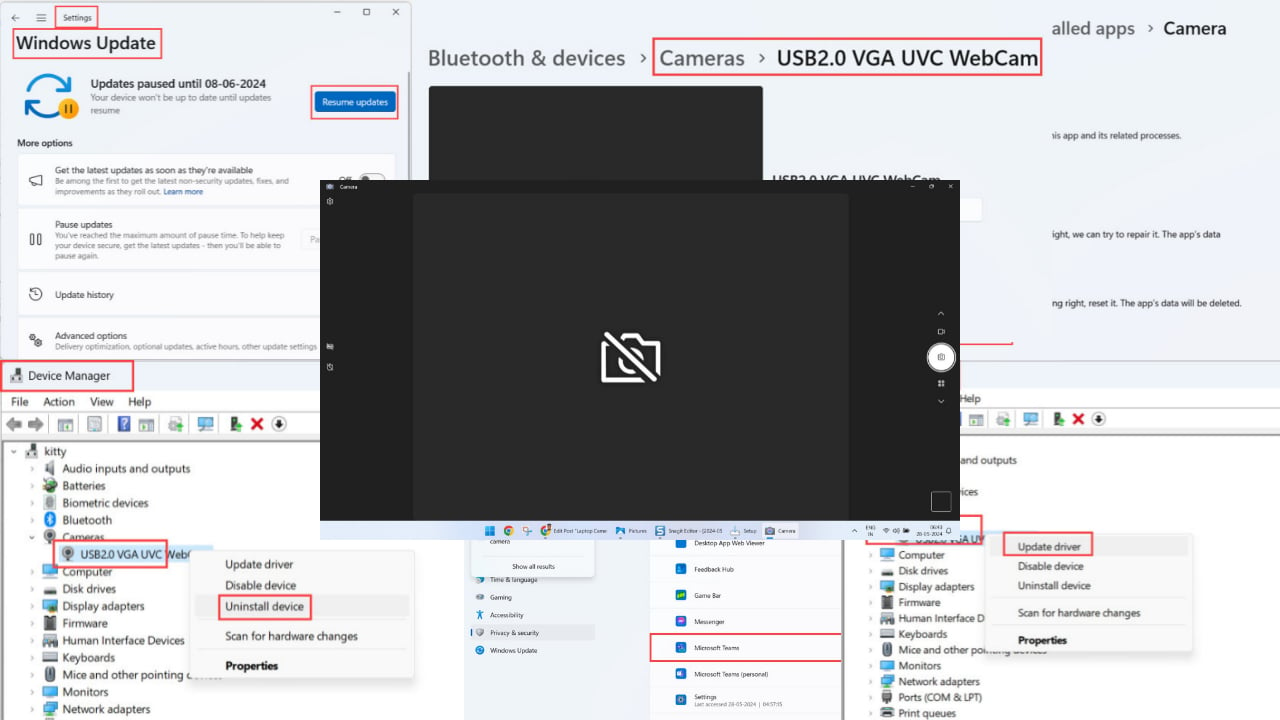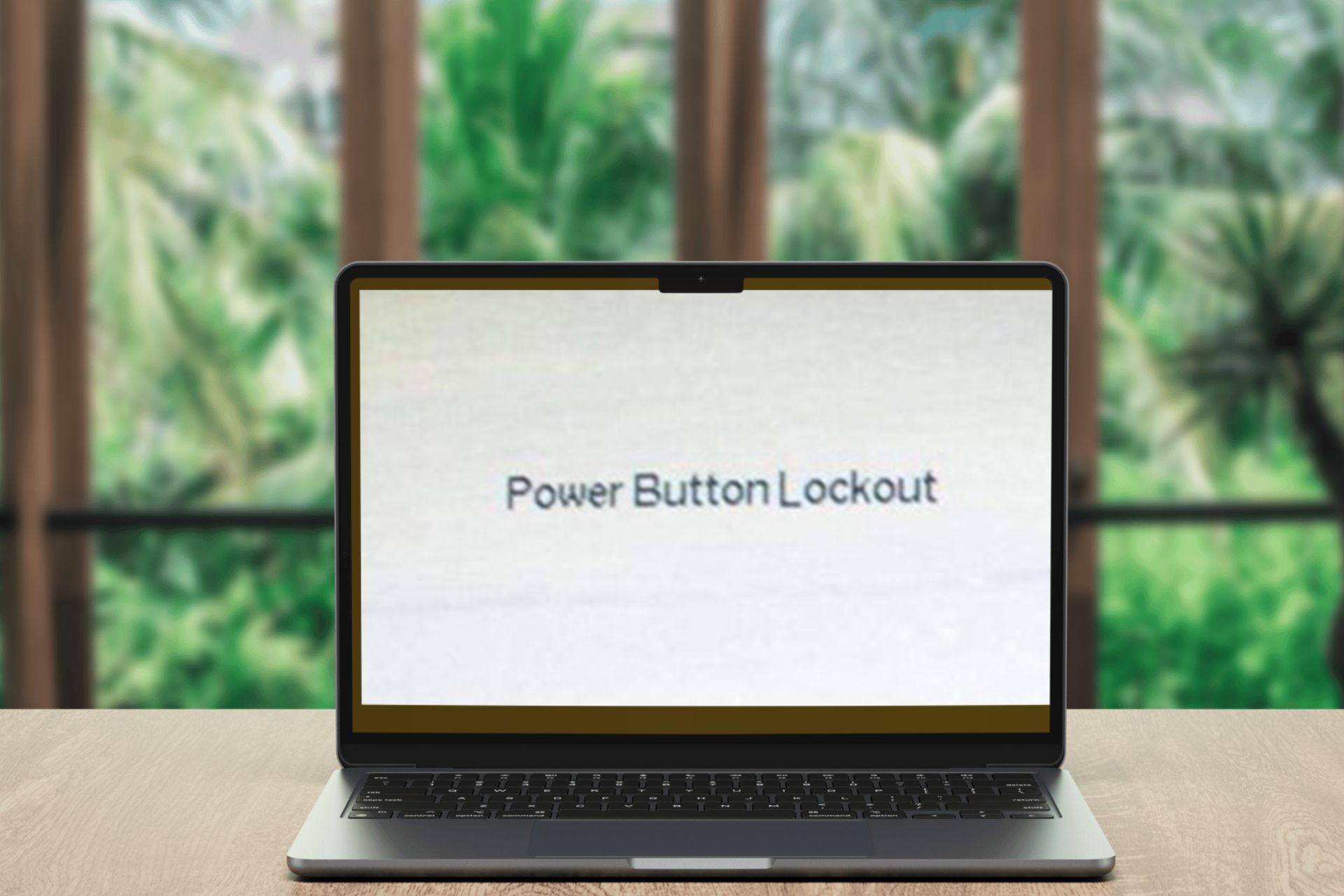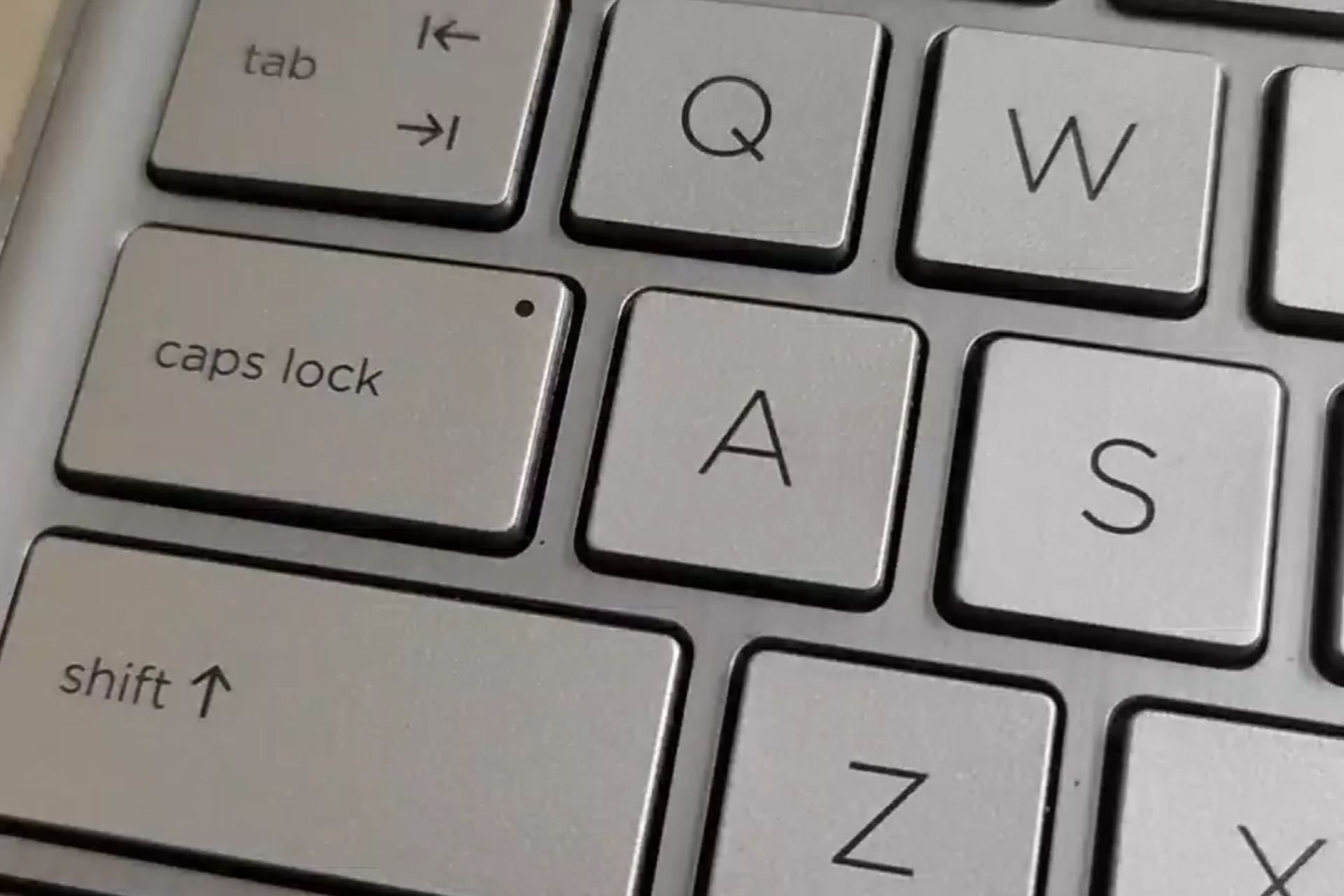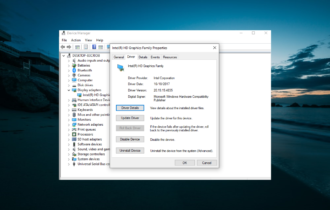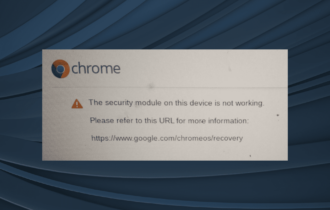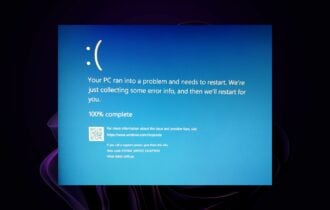Fix: Laptop Not Detecting My Wi-Fi but Detecting Others
Find out why you can't find the WiFi on your laptop
6 min. read
Updated on
Read our disclosure page to find out how can you help Windows Report sustain the editorial team Read more
Key notes
- Your home network is the default network that your PC or laptop automatically connects to when on Wi-Fi.
- Many users have reported that sometimes their home network doesn't appear even though the hardware seems to work properly.
- This problem may occur for various reasons, we run you through multiple solutions that will help you fix it.
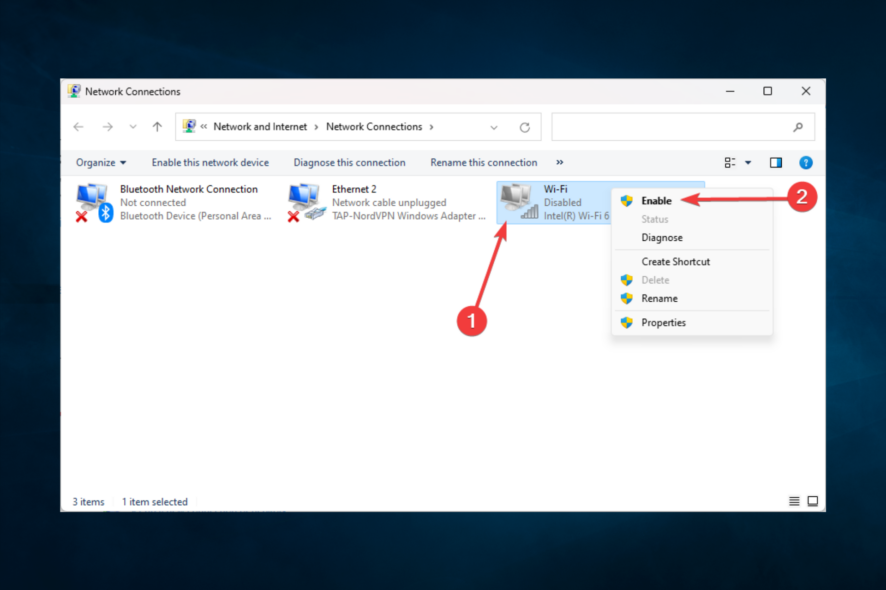
Most of us have a wireless connection in our homes, but many users reported that their home network wouldn’t appear in the available network list. This can be an inconvenient problem, and in today’s article, we’ll show you how to fix it permanently.
What other Wi-Fi network problems do users experience?
Not being able to see or access your home network from your laptop can be a problem, and speaking of network issues, here are some similar problems that users reported:
- Can’t see my Wi-Fi network in Windows 10 – This issue can be related to your network drivers. In some cases, outdated drivers may cause the problem
- Wi-Fi network not showing up in Windows 10, on any device, laptop – This issue can affect other devices, not just your Windows 10 laptop. If this problem appears on multiple devices, the issue is most likely caused by your router or your network configuration.
- Laptop not detecting my Wi-Fi but detecting others – This problem can occur if your Wi-Fi network isn’t enabled correctly.
- SSID not showing up on available network list – There are several types of network connections, and if you’re using a 5GHz network, your devices might not be able to see it or access it.
- Home network won’t connect – Sometimes, your home network might not be able to connect. This can be a problem, but you should be able to fix it using one of our solutions.
What can I do if Wi-Fi doesn’t show up on my laptop?
Before any advanced solutions, here’s what to do:
- If your home network won’t show up, you can fix the problem simply by logging out of Windows and selecting your Wi-Fi network. After that, you should be able to connect to your Wi-Fi network.
- Configure your router to use only the 2.4GHz standard. To see how to do that properly, check your router’s instruction manual.
- Change your Wi-Fi channel by visiting your router’s configuration page and changing the channel in the Wi-Fi settings. For the best results, use a channel not occupied by other Wi-Fi networks. To determine which channel is the best for you, perhaps you’ll need to use some Wi-Fi analyzer software.
1. Update your Wi-Fi drivers and install the Wi-Fi software
- Open Device Manager by typing its name in the Search bar.
- Open the Network Adapters list by double-clicking it or clicking the little arrow in front of it.
- Locate your Wi-Fi adapter and right-click on it, then select Update Driver.
- Select Automatically search for drivers if you want the wizard to find your required drivers online automatically.
- If you prefer to download them yourself, make sure you get them from the official website of your device manufacturer, then proceed with the above-listed steps, but select Browse my computer for drivers for Step 5.
- Proceed with the update. If your drivers are already up to date, a message prompt will let you know just that.
Network problems can sometimes be linked to the status of your Wi-Fi drivers. When they are not up-to-date or corrupted, you will likely experience some sort of issue, like the connection not showing up.
Once the update is complete, check to see if your problem has been solved.
You may need to download a special wireless driver for your PC, which you can accomplish by following the instructions on the official website of the PC manufacturer.
Even though it’s the appropriate thing to do, you can download the wrong one and have to look for wireless driver packages. If you are not tech-savvy, this might be tricky and time-consuming.
You can prevent these problems by using an automatic tool that will search and install the correct drivers on your computer with just a few clicks. That's why we recommend you use Outbyte Driver Updater. Here's how to do it:
- Download and install the Outbyte Driver Updater app.
- Launch the software.
- Wait for the app to detect all incompatible drivers.
- Afterward, it will show you a list of the drivers found to select the ones to Update or Ignore.
- Click on Update & Apply Selected to download and install the newest versions.
- Restart your PC to ensure the applied changes.

Outbyte Driver Updater
Use this software and solve all driver-related issues from your PC.2. Use Command Prompt
- Type command prompt in Windows search and click on Run as administrator to start Command Prompt with full administrative rights.
- Now run the following commands:
reg delete HKCRCLSID{988248f3-a1ad-49bf-9170-676cbbc36ba3} /va /fnetcfg -v -u dni_dne
According to users, if your home network won’t show up, the problem might be related to your registry.
Several users found a solution, and to fix the problem, you need to remove certain entries from your registry.
After running these two commands, restart your PC to apply the changes. Once the PC restarts, check if the problem is resolved.
If you can’t run the first command, it means that this solution didn’t work for you, so move to the next solution.
3. Check if the required services are running
- Press Windows Key + R to open the Run dialog.
- Now enter services.msc and press Enter or click OK.
- Now you need to pay close attention to the following services:
- Windows EventLog
- Remote Procedure Call (RPC)
- Windows Update
- Make sure that all of these services are properly running. If any of these services aren’t running, right-click that service and choose Start from the menu.
If your home network won’t show up, perhaps the problem is related to certain services. Your system relies heavily on services; if required services aren’t running, you might encounter various issues.
After all three services run correctly, check if the problem is still there.
4. Enable Wi-Fi network
- Open the Settings app by pressing Windows + I.
- Click the Network & Internet section.
- In the right pane, scroll down and click on Network and Sharing Center.
- When Network and Sharing Center window opens, click the Change adapter settings.
- Locate your Wi-Fi connection, right-click it, and choose Enable.
If you’re having problems with Wi-Fi, perhaps the Wi-Fi connection isn’t enabled. To fix this problem, it’s advised that you check your settings.
After doing that, the problem should be resolved, and you’ll be able to connect to the home network once again.
5. Make sure that you have the latest updates installed
- Open the Settings app by pressing Windows + I.
- Now head over to the Update & Security section.
- In the right pane, click the Check for updates button.
According to users, sometimes your home network won’t show up due to glitches in Windows. These glitches can cause all sorts of problems, and the best way to deal with them is to update Windows to the latest version.
Before an update, connect your PC to the Internet using the Ethernet cable. Updates will be downloaded automatically in the background if any updates are available. Once the updates are installed, check if the problem is still there.
Many users reported that updating Windows to the latest version fixed the problem for them, so be sure to try that.
6. Select a Property
- On your keyboard, press Windows key + X and select Device Manager.
- Expand Network adapters, right-click on your Wi-Fi driver, and select Properties.
- Click on the Advanced tab.
- Depending on your router, select a Property; in most cases, it will be one of the 802 properties on the list of Properties; make sure that the value is not disabled.
As you can see, network and Internet issues may be inconvenient, but you should be able to fix them using one of our solutions.
Tell us in the comments below what has worked best for you.

